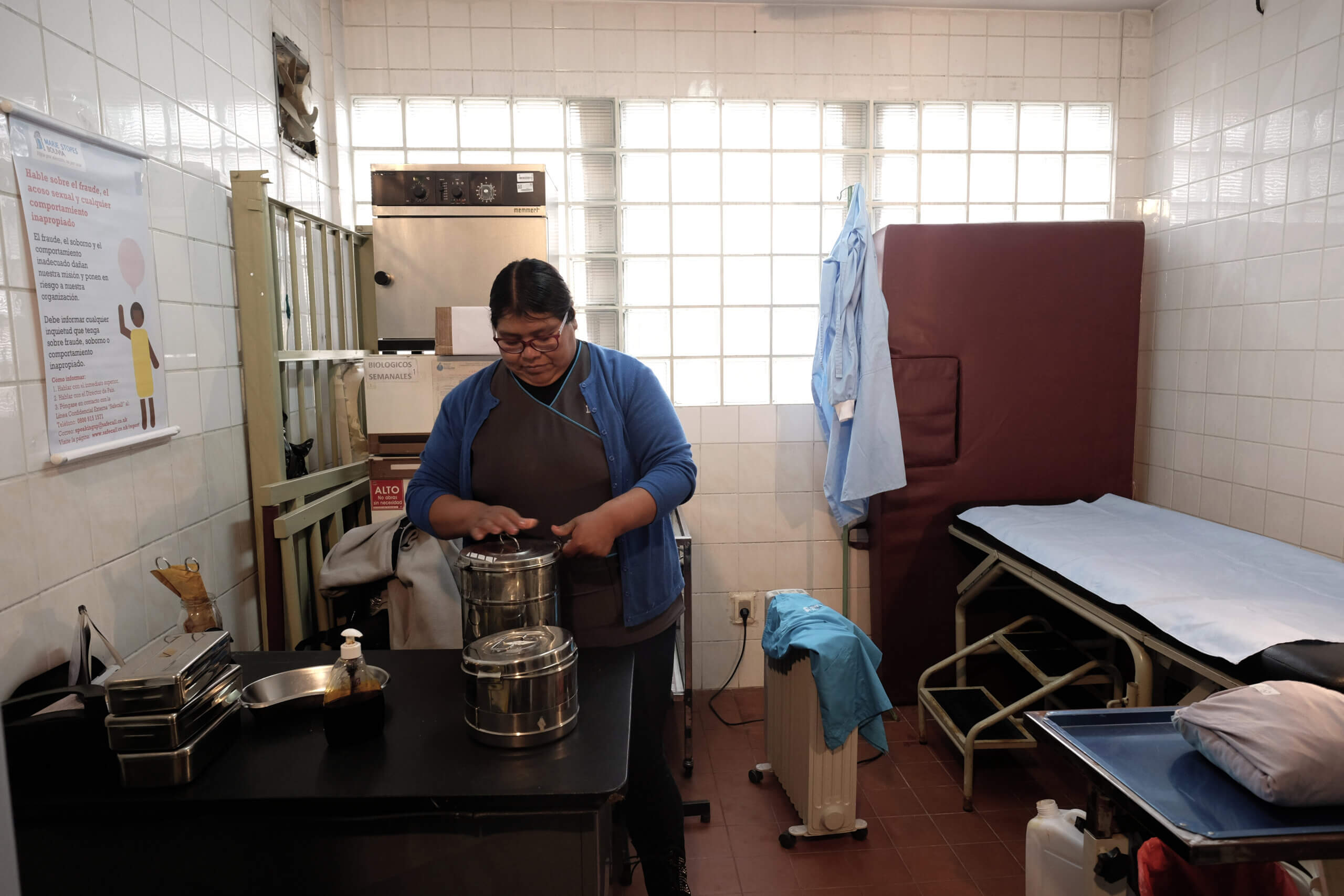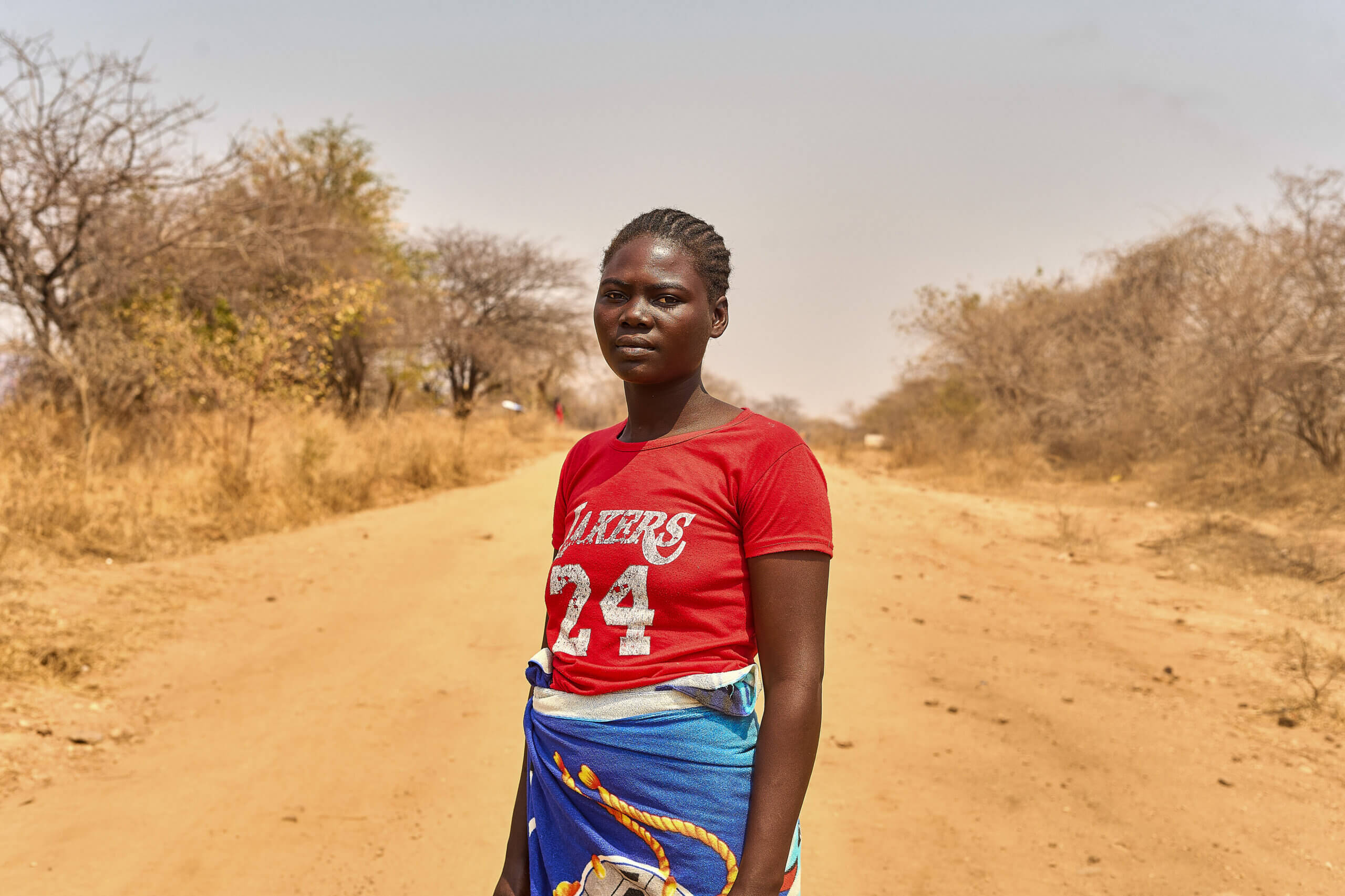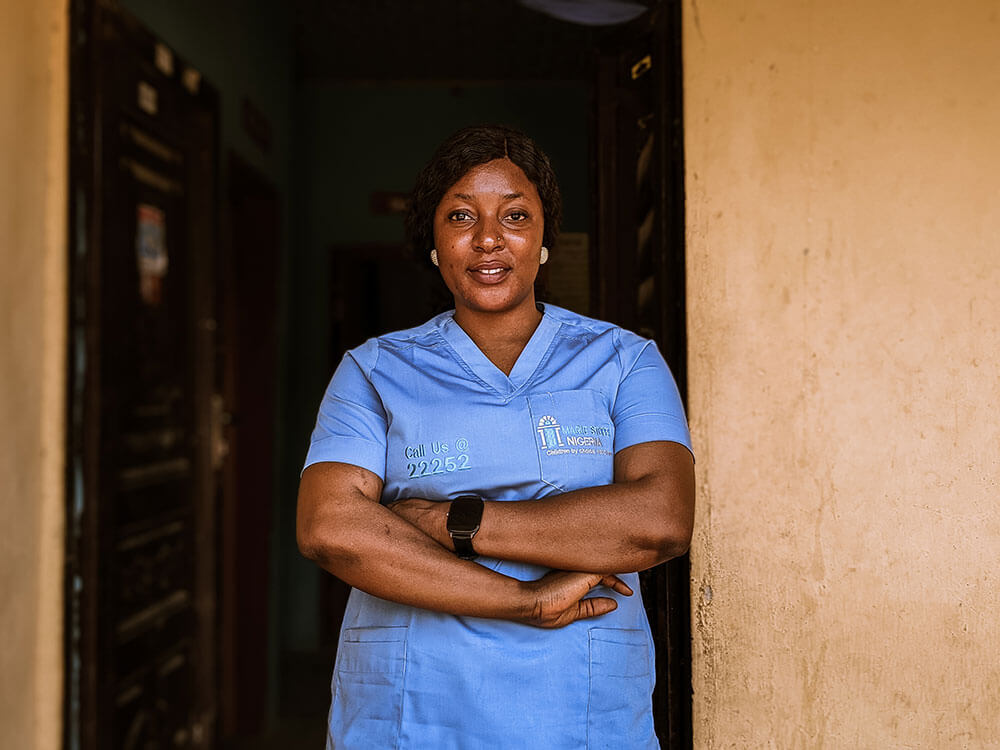What is reproductive empowerment?
Think about the last time you made a decision about contraception. Did you feel like you had all the information you needed? Was your partner supportive? Did you face outside pressure, from your family, community, or even your medical provider?
One way of thinking about questions like these is through a framework called reproductive empowerment. Reproductive empowerment focuses on individuals’ ability to make informed decisions about their reproductive lives and get the outcomes they want, free from violence, coercion or fear.
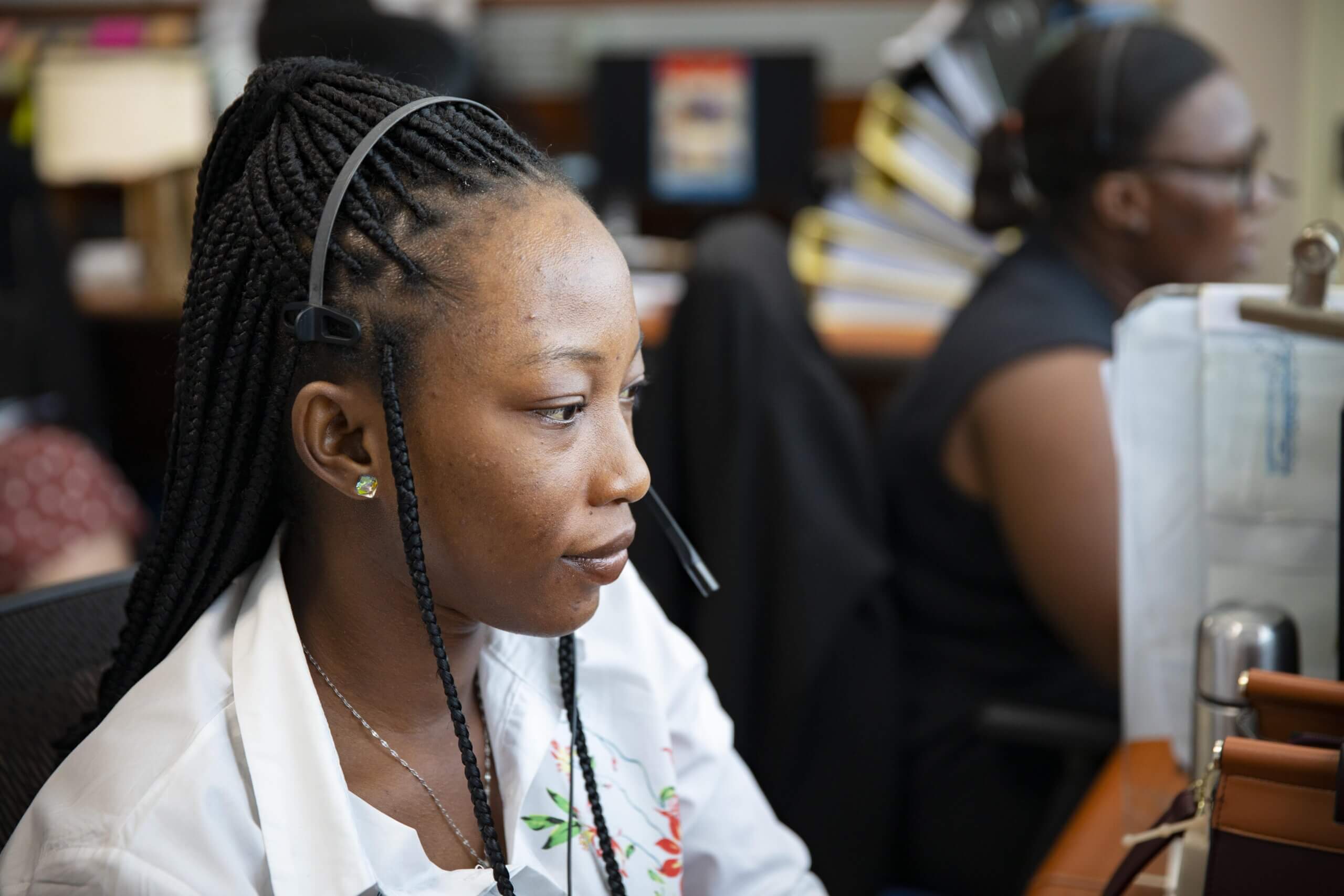
At MSI, our goal isn’t just to provide high-quality reproductive healthcare. We want to advance gender equality and empower vulnerable communities to take control of their futures. To do that, we look at five different pillars of reproductive empowerment, and design programs that address the issues raised by each.
Agency and decision-making
Everyone should have the information and freedom they need to plan their pregnancies or avoid them if that’s what they choose. When we focus on agency and decision-making in our programs, we work to help women confidently make decisions about their reproductive lives, so they can choose the lives they want for themselves.
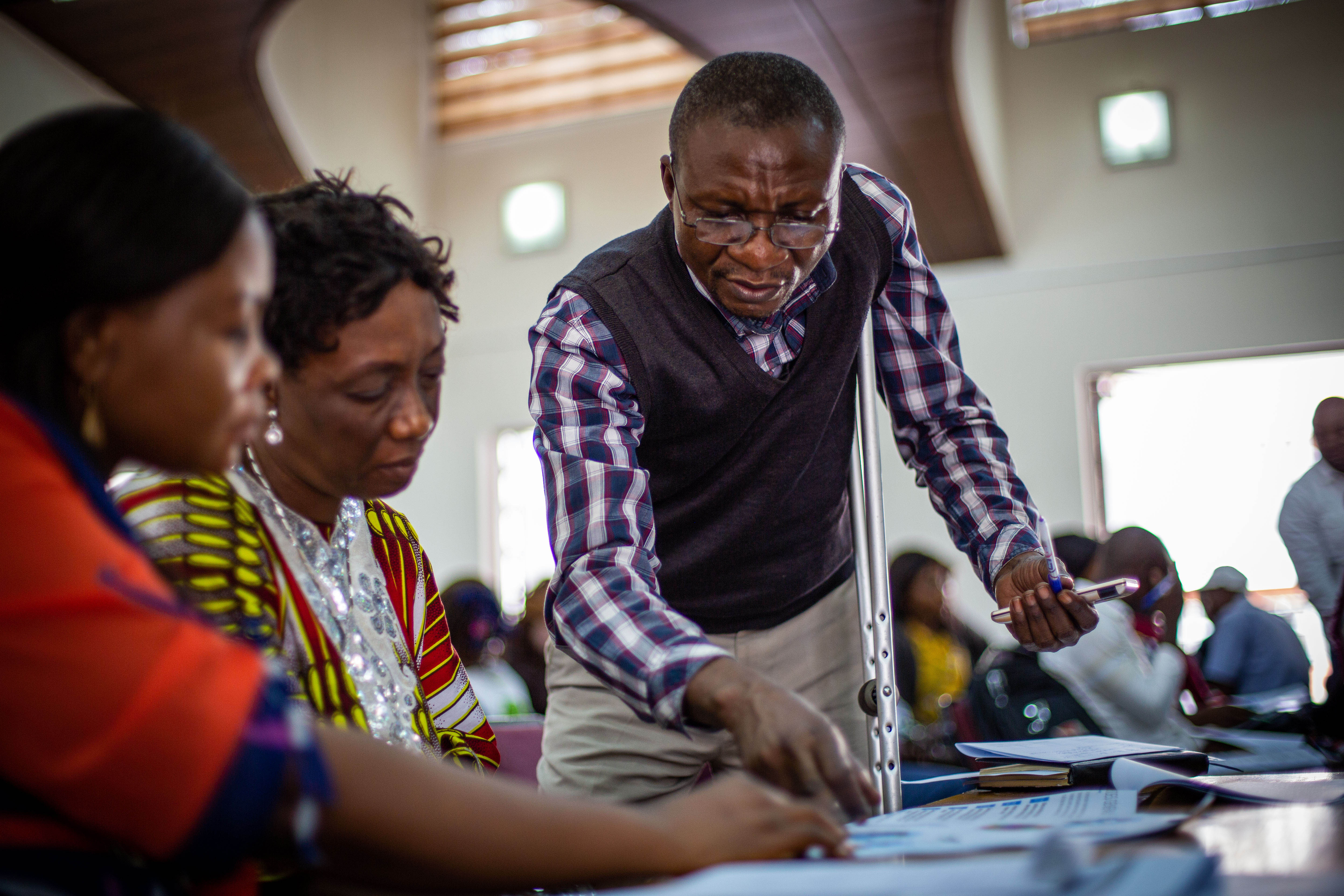
What does that look like in practice? Much of it is education: Raising people’s knowledge about the services available and their right to access them. We do this in a variety of ways. Sometimes, it means sending a community-based mobilizer out for one-on-one and group conversations about contraceptive methods. Other times, we use mass media like radio, billboards, and social media to reach a wider audience.
Our contact centers also play a key role in increasing agency and decision-making. Women can call in and get their questions answered, along with practical information about how and where to access services.
Communication with partner or spouse
Most of the women we serve aren’t making decisions about their families alone; they have a partner or spouse who is part of the conversation. When a spouse is supportive, it can be easier for women to take control of their bodies. But that’s not always the case. When a spouse isn’t supportive, and the woman isn’t free to make decisions about the use of contraception, she may want to access services in secret. To help couples communicate more openly about their goals for their families, we run activities that engage men and women both together and separately. For example, in the Sahel region, we developed a suite of tools called La Famille Ideale which engage men in conversation about how family planning fits in with their goals for their families.
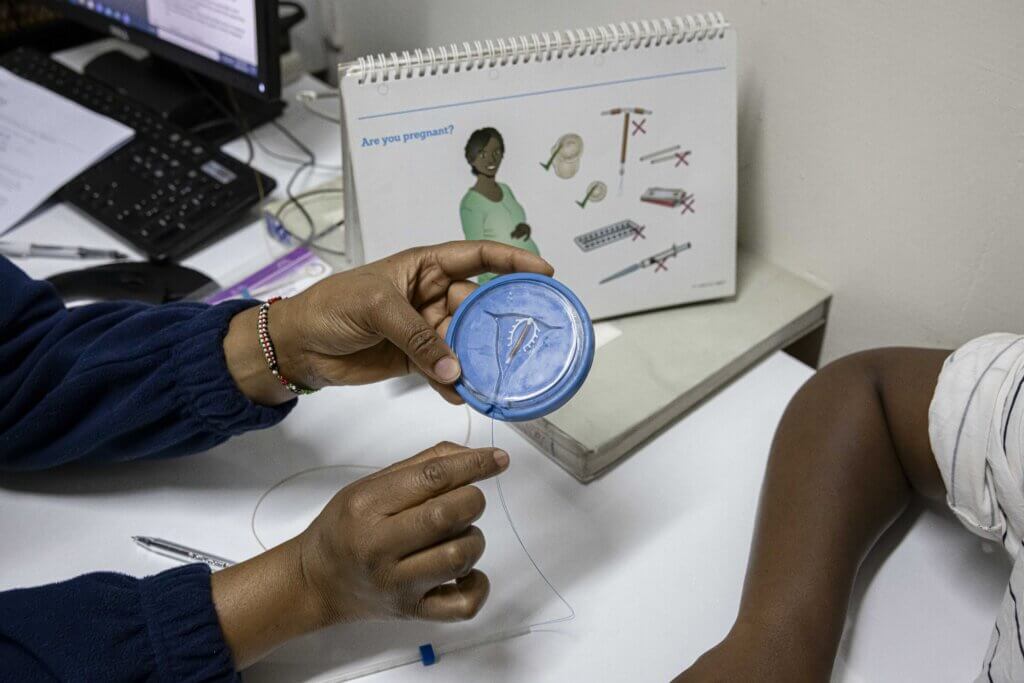
By educating men about issues like healthy spacing and timing of pregnancies and encouraging open conversation, we can make it easier for women to access the reproductive healthcare they want and need.
Social norms
Sometimes, social norms keep women from using contraception. These might be community-wide norms—for example, in parts of Madagascar, contraception is broadly taboo. Cultural and social norms might also affect specific sub-groups. The idea that young people shouldn’t need contraception because they shouldn’t be having sex, is an example of a social norm that can prevent information from getting to the people who need it most.
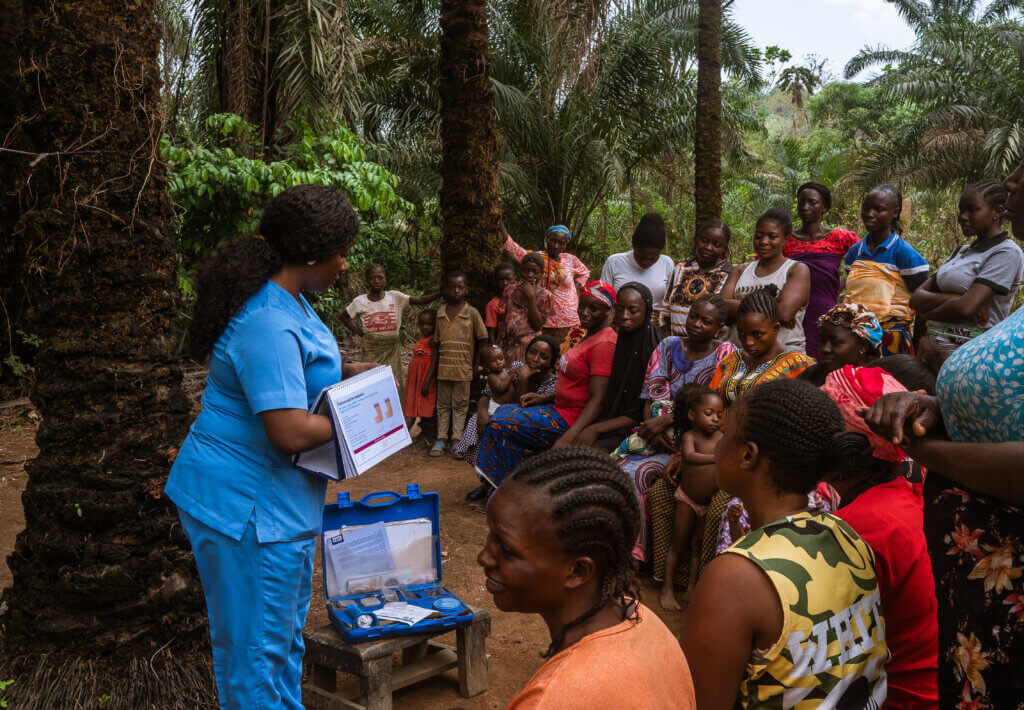
To address these harmful social norms, we target “influencers”: people who have the ability to sway public opinion in their communities. Often, this means meeting with traditional or religious leaders to explain how contraception can benefit the health and well-being of women in their communities. We also conduct activities with groups like journalists, teachers, even police officers!
Mass media has a role to play here, too. By modeling alternative behaviors, we can encourage people to think differently about sexual and reproductive health.
Addressing violence and coercion
Unfortunately, the threat of violence can keep women from making free choices about if and when to have children. When women are experiencing violence, they need support to help them reach safety.
At MSI, we train both clinical and non-clinical staff to support women who’ve experienced sexual and gender-based violence. When women need support beyond the services we offer, we refer them to partner organizations in the community.
We also work closely with partners on efforts to prevent sexual and gender-based violence before it begins, by changing community attitudes.
Empowering and client-led healthcare
When women arrive at an MSI outreach site or center, we want them to feel empowered. Our services should always put clients at the center, so that they can access services with dignity and make informed decisions.
How do we make sure our services are client-centered? First and foremost, we maintain the highest standards in clinical quality, with training, supervision, and regular quality assurance checks. Then, we make sure our services meet the needs of particularly vulnerable populations: For example, training providers to work with adolescents, or making sure written materials are accessible to someone with a disability.
By addressing these five pillars of reproductive empowerment, we can ensure more women are able to make informed, free decisions about their reproductive lives.



